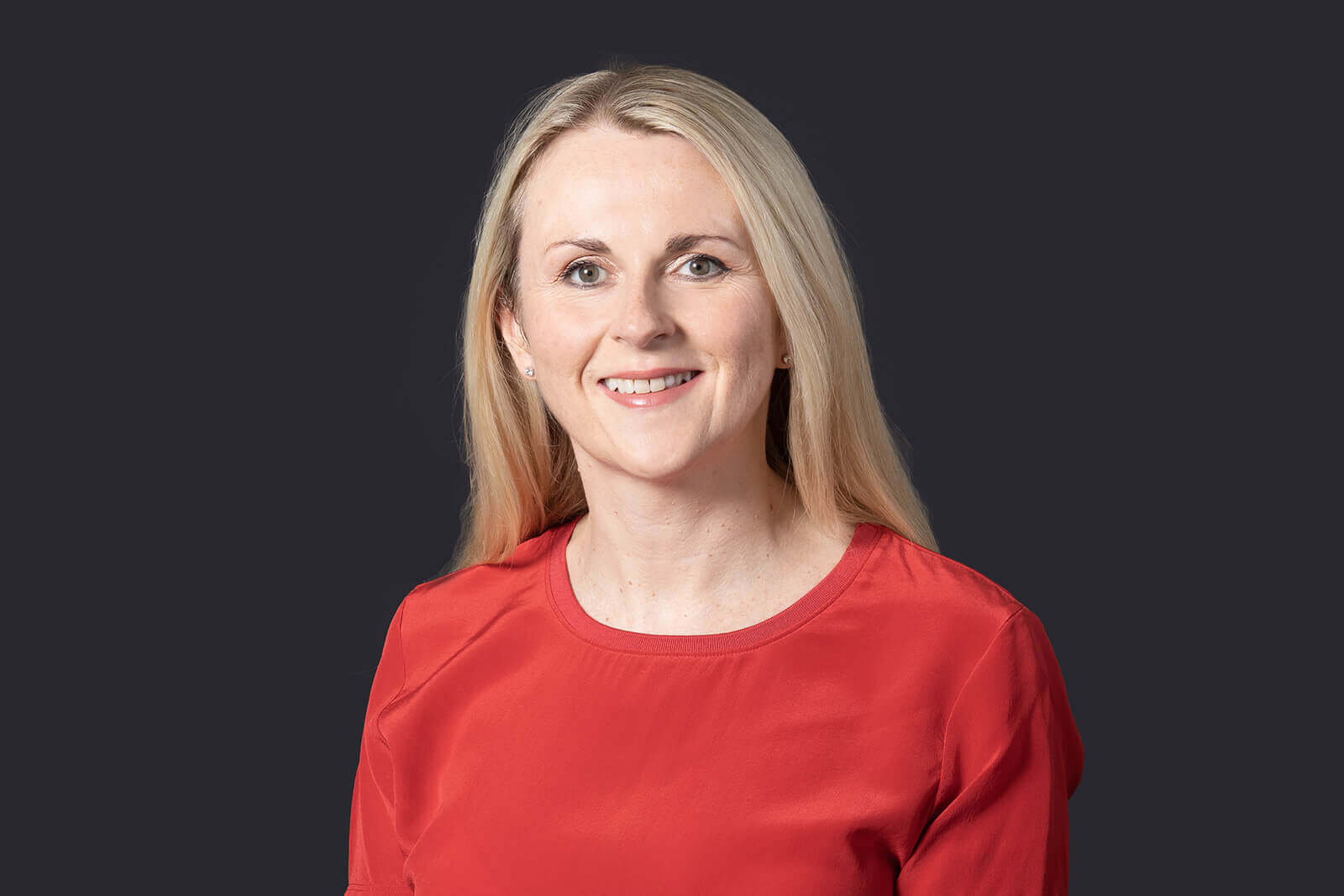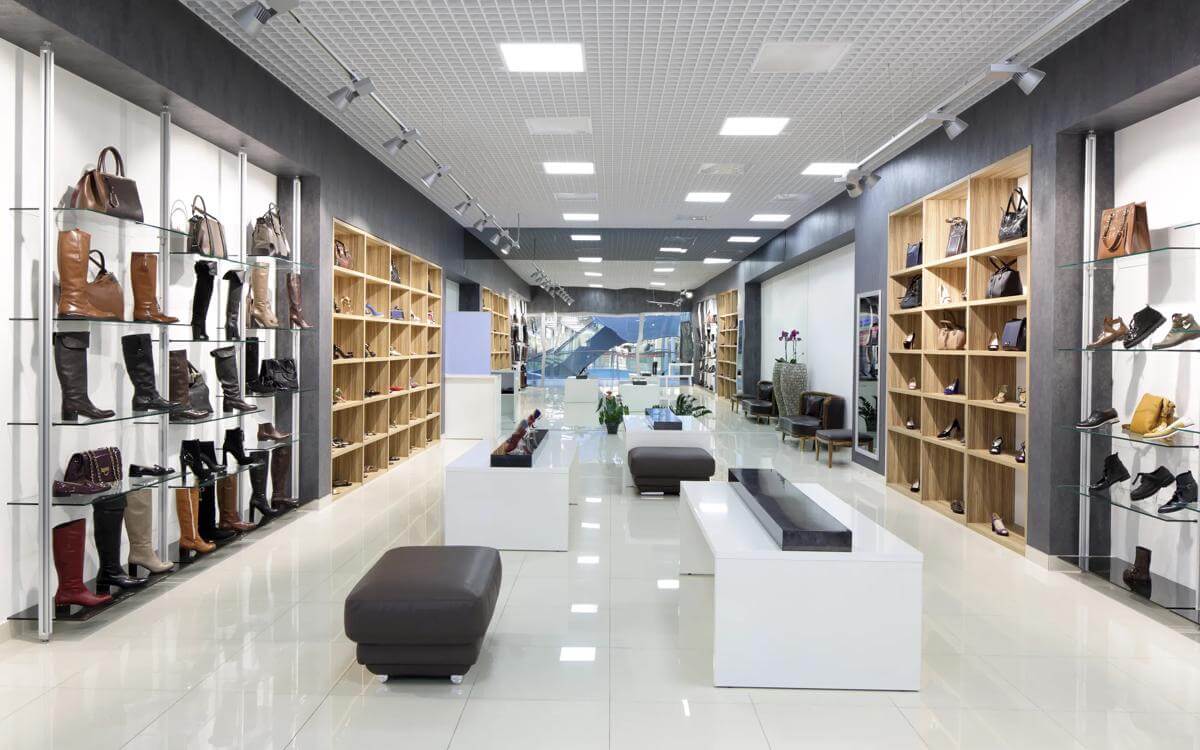380+ C-suite leaders from £100m+ businesses across the manufacturing, real estate and construction, retail and supply chain, technology, and energy and infrastructure sectors share their optimistic outlook for M&A inward investment deals in the coming year.
Consumers have more choice than ever, placing greater pressure on brands to stand out from the crowd.
Add to this the wider issues facing the industry such as inflation, costs pressures, an increasingly complex regulatory landscape, supply chain uncertainty and disruption, people challenges, digital transformation and cyber security risks, and you have a difficult landscape for investors and companies to navigate. However, the newly agreed trade deal between the UK and US could serve to return some stability.
In early 2025, we asked fashion and beauty retailers in the UK and Ireland their views on inbound merger and acquisitions (M&A) activity in 2025.
The results show a sector committed to innovation - particularly in relation to technology in driving inward investment.
Market confidence and expectations
Confidence for dealmaking was modest amongst our fashion and beauty retailer respondents. Four in ten (44%) anticipated an increase in inward investment M&A deals, meaning the sector's expectations are notably lower than others. Though only 12% went so far as to predict a decrease in inward investment M&A deals.
Shifting consumer trends affect this sector but wider economic factors have clearly had an impact too. Many in the industry expected to see a number of big deals globally in 2024 but there were few compared to the bumper years of three or so years ago - even attractive global brands such as Selena Gomez's Rare Beauty announced it was putting its sale process on hold after failing to secure its $2 billion valuation.
Government influence
In the UK, the change of government is seen as a net positive by 42% of respondents, while a large number (64%) believe government incentives will have only a limited or minimal role to play in shaping inbound investment. Fashion and beauty retailers will hope to benefit more generally from a focus on the high street and initiatives such as the Plan for Neighbourhoods in the years to come.
Investment drivers and priorities
49% of fashion and beauty retailers said diversifying their offering was a critical strategy in attracting inward investment in 2025. As has always been the case, brands looking to attract inward investment should prioritise IP protections for innovations and product lines, particularly in markets where there's ongoing competition to enjoy market share. This is acknowledged by 88% of respondents in this sector who report that access to technology or IP is important for driving inward investment.
When asked how they foresee digital transformation influencing M&A in the fashion and beauty sector, the primary focus was on e-commerce and logistics to enhance digital and delivery capabilities, reflecting the sector's response to shifting consumer behaviours and supply chain costs and disruptions. Technological transformation was cited by 31% of respondents as the main driver for investment, with online platforms and customer analytics being particularly attractive to investors. Additionally, 28% highlighted favourable market conditions as a key factor.
E-commerce and digital transformation
E-commerce expansion emerged as a key theme across all sectors surveyed. Respondents consistently highlighted that buying digital businesses to enhance their e-commerce capabilities and improve customer engagement through digital platforms was a game-changer. This emphasis on e-commerce suggests that retail businesses prioritising digital transformation will be better positioned to attract investment. The need for robust logistics networks to support sourcing and production and online sales also presents further opportunities in the sector.
Private equity and global investment sources
Private equity (PE) investment in the fashion and beauty sector was said to be on the increase by the majority of our respondents (60%). This has so far been reflected in announced deals in 2025: in January alone Kim Kardashian's private equity firm Skky Partners acquired a "significant" stake in UK-based skincare brand 111Skin and US firm Acon Investments acquired a controlling stake in True Religion.
The global nature of deals in the sector is reflected by our respondents' views on where significant sources of inward investment may be coming from: 44% cited Europe, 30% cited Asia with 19% and 13% stating the Middle East and North America respectively, 12% for Africa and the remaining 4% and 2% citing Oceana and South America respectively.
Regional investment focus
Back to the UK and Ireland, inward investment in the sector is expected to focus outside London, with 44% of respondents indicating a preference for regional retail hubs. More than a third (35%) of respondents said they were most likely to invest in Ireland in the next 12 months, more than in any of the other sectors surveyed.
Risks and barriers to M&A
In terms of risks and barriers to M&A and inward investment, 36% of fashion and beauty retailers cited economic instability and inflation fluctuations as a key concern, while 36% of respondents in the retail sector raised concerns about online retail system vulnerabilities – this is an issue which has recently been front and centre in retailers’ minds following the plethora of cyber-attacks on retailers. With so many retailers and brands sourcing raw materials, textiles and finished products from a complex supply chain heavily focused on Asia, tariffs from the US could pose further risks and barriers to inward M&A investment where it becomes more expensive to produce or import goods.
Geopolitical risks were highlighted by close to a third (30%) of respondents as a barrier to M&A and inward investment. The introduction of tariffs, particularly on goods from China, presents very real risks to the sector such as damage or disruption to supply chains and increased costs. Uncertainty is also a factor as businesses struggle to respond to proposed measures in real time without knowing when or even if they will actually happen.
Geopolitical tensions in other markets such as North and Central America could have a positive impact on UK and Ireland, however. 44% of respondents felt there would be an uptick in inward investment deals in UK and Ireland as a result of their relative stability, with only 28% predicting geopolitical tensions would lead to fewer deals.
The impact of AI and ESG
Fashion and beauty retailers were split in their views on the impact artificial intelligence (AI) will have on transactions with 46% believing AI would not have an impact, 45% believing it would and 8% reporting they are unsure what the impact will be.
The role that Environmental, Social and Governance (ESG) compliance has to play in M&A in the sector was far clearer - 81% of respondents said that ESG considerations have a significant role to play or that there had been an increase in interest in ESG during the dealmaking process.
Expert commentary
Caroline Green and Emma Roake, partners and co-heads of Browne Jacobson’s Retail Supply Chain Group at Browne Jacobson, comment:
"The pressure to differentiate in a digitally driven market continues to reshape how fashion and beauty retailers approach growth. For inward investors, the most attractive opportunities are now those with a strong IP foundation, a scalable e-commerce platform, well-organized customer and sales data and a compliant data strategy, and the agility to pivot with consumer behaviour.
"At the same time, rising trade tensions and the threats of tariffs, particularly in respect of Asia, are prompting investors to scrutinise supply chain resilience more closely. Within our client base, many are prioritising investment in logistics, customer analytics, and tech infrastructure as strategic tools to both protect value and enhance appeal to international investors."
Contents
- Investing in the UK and Ireland
- Inward investment in the UK and Ireland in 2025: Sector focus
- 1. Manufacturing and industrials: Steady optimism for food and drink M&A in 2025
- 2. Real estate and construction: Cautious optimism for M&A in 2025
- 4. Technology: Complex geopolitical landscape not hampering M&A confidence in 2025
- 5. Energy and infrastructure: Muted confidence for M&A in 2025
- Conclusion: Inward investment in the UK and Ireland: Sector focus in 2025
Expert commentary

Caroline Green
Senior Partner
As Senior Partner and chair of the firm’s Board, Caroline oversees the firm's strategic direction. As the firm’s executive DEI sponsor, Caroline regularly speaks at DEI events, and is also co-lead of the retail and supply chain team.
caroline.green@brownejacobson.com
+44 (0)20 7337 1026

Emma Roake
Partner
Emma specialises in drafting, negotiating and advising on a wide range of commercial contracts, with a particular focus on the retail, fashion, logistics and tech sectors.
emma.roake@brownejacobson.com
+44 (0)330 045 2289
Contact

Caroline Green
Senior Partner
caroline.green@brownejacobson.com
+44 (0)20 7337 1026

Gavin Cummings
Partner
gavin.cummings@brownejacobson.com
+44 (0)115 976 6157









































